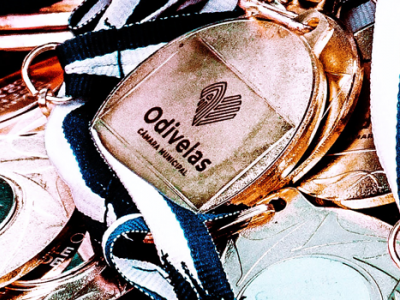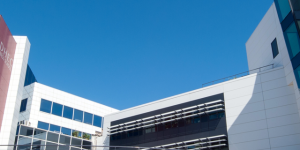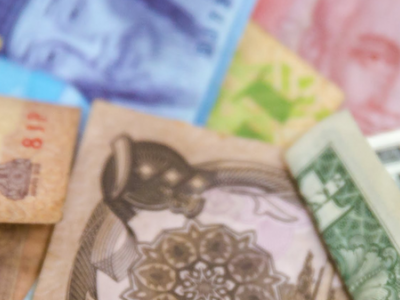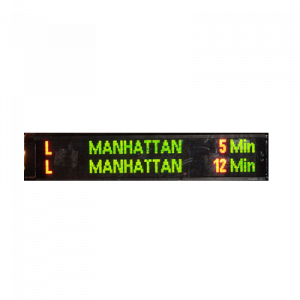Employer funding for full-time MBA degrees was once plentiful for those working at companies seeking to develop their future leaders. That dried up somewhat in the aftermath of the Financial Crisis as firms tightened their belts to weather the storm.
But as we have reported, plenty of companies are still willing to foot the bill for an MBA, at least partially. The glory days of employer sponsorship may be done, but resourceful candidates do manage to convince their boss to put up the cash for an MBA. They tend to be clustered in certain countries, sectors and schools.
The top ranked courses have higher than average proportions of sponsored students, which reflects their large cohorts and prestige. Many companies in Asian countries tend to be more willing to foot the MBA bill as well, than companies elsewhere, because in many places in Asia, it tends to be more common there for people to stick with one employer, which gives them an ROI on the MBA. The consulting industry too is among the most generous when it comes to employer funding, because MBAs are highly valued at these firms.

More than a quarter of the full-time MBAs at LBS receive some employer funding, with not many regional variations. This represents a 22 percent increase in the proportion of the cohort that are sponsored from six years ago. The main handouts come from the top consulting firms McKinsey & Company and the Boston Consulting Group, as well as Saudi Aramco, Norges Bank and Citigroup.
View School Profile
Over the past 30 years, more than 800 organizations have sponsored students to get an MBA from Columbia Business School. The New York City based school is one of the world’s finest, invariably in the upper echelons of global rankings. It leverages its close connections to many top consulting, financial and tech companies in the Big Apple. They see a value in investing in their employees’ education.
View School Profile
At the UC Davis Graduate School of management, as many as two in three MBA students historically received employer support, but that number has waned since the 2008 crisis. However, many students are still backed, and decisions are made on a case-by-case basis.
View School Profile
At INSEAD, a leading business school with campuses in France, Singapore and Abu Dhabi, 15 percent of MBA students are funded by their employer, up from 13 percent five years ago. The companies sponsoring students include consulting and financial companies, government departments, airlines and cosmetics companies.
View School Profile
At Yale School of Management the proportion of MBA students with employer backing has remained fairly consistent over the past decade, at around 10 percent of the cohort. At Yale companies and governments outside the US tend to sponsor students more often, such as those in Japan, South Korea and Saudi Arabia.
View School ProfileAt the Mason School of Business at William and Mary, 20 percent of the full-time MBA class come from the military, which is more willing than most other industries to pay for an MBA, according to Bloomberg data. The US army pay up to $100,000 in some cases for people to get MBAs at William and Mary.
View School ProfileThe military account for 27 percent of the online MBA students at Whitman School of Management at Syracuse University. Employers are far more willing to fund online MBA students because they can continue working while they learn, applying what they learn directly into the workplace. Whitman has a partnership with the Department of Defense, which funds joint MBAs and Executive Masters of Public Administration at the school.
View School Profile
A plethora of blue chip companies often sponsor students to get MBAs at the Kellogg School of Management at Northwestern University. These include Accenture, American Express, IBM, JPMorgan Chase and Johnson & Johnson. Kellogg is considered one of the best schools globally for the quality of its teaching, its good graduate career outcomes and helpful alumni network.
View School Profile
About six percent of MBA students at Georgetown University’s McDonough School of Business receive partial or full employer funding, which is an increase from four percent in 2014. Georgetown is one of the top business schools in the US, ranked highly by the major publications such as the Financial Times and the Economist.
View School Profile
At the Rotterdam School of Management in the Netherlands, about five percent of full-time MBA candidates are sponsored by their employers. The school says that companies in Asian countries including Indonesia, Japan and South Korea are more willing to sponsoring students on its MBA than other nations elsewhere in the world.
View School ProfileRelated MBA News
FIND MBA Updates Top 10 Lists by Specialization for 2020
May 26, 2020
Related Articles
How to Fund an MBA During a Global Pandemic
Aug 04, 2021
Funding has become an even more pressing concern for MBA applicants this year due to the economic uncertainty











